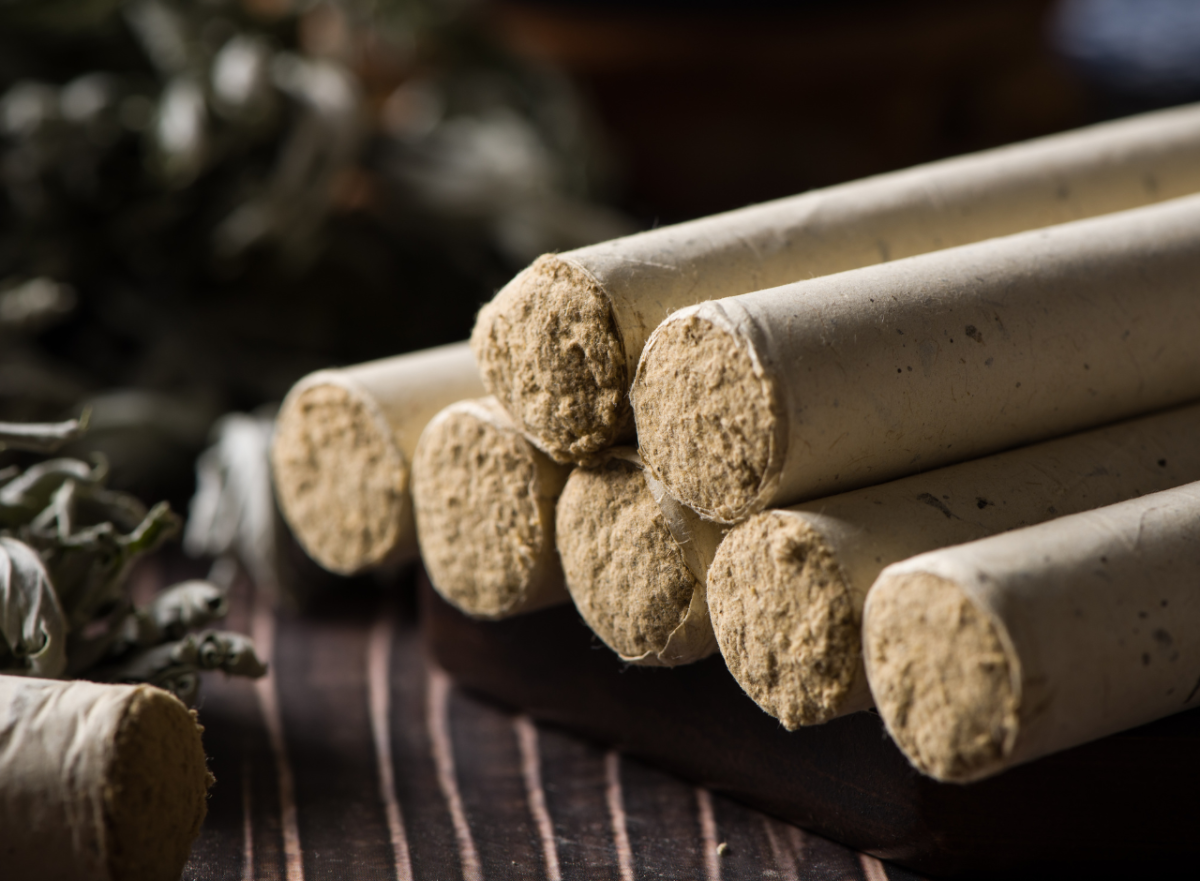Discover the Health-Sleep Link with Japanese Kampo

Getting enough quality sleep has become a challenge for many people in today’s fast-paced world. Endless work stress, irregular schedules, and constant exposure to screens are just some of the culprits contributing to widespread sleep issues. From trouble falling asleep to waking up frequently at night or feeling unrested in the morning, these problems don’t just leave us feeling tired, they significantly impact our overall health and well-being.
Chronic sleep deprivation doesn’t just leave you feeling tired, it can weaken your immune system, disrupt your mood, and even increase the risk of long-term health issues. But did you know that, according to Japanese Kampo, your liver and kidney health may play a significant role in the quality of your sleep? Let’s explore this fascinating connection and uncover some practical steps to help you get the rest you need.
What Does Japanese Kampo Say About Sleep?
In Japanese Kampo, insomnia is thought to arise from an imbalance of yin and yang energy within the body. Yin represents calming, restorative energy, while yang symbolises active, energising force. During the day, yang energy keeps us alert and engaged, but at night, yin energy should take over, helping us relax and drift into sleep. If this balance is disrupted, such as when yin is too weak to ground yang, or yang energy becomes excessive, it can result in sleep disturbances.
As described in The Yellow Emperor’s Inner Classic: "When Yang is depleting and Yin is abundant, one's eyes are closed. When Yin is depleting and Yang is predominant, one is awake.” In other words, good sleep depends on a smooth balance between yin and yang. And here’s where the liver and kidneys come in, they play a key role in maintaining this balance.
How Do the Liver and Kidneys Affect Sleep?
The liver plays an essential role in regulating emotions, storing blood, and ensuring smooth energy flow (or “qi”) throughout the body. However, modern life is not easy on the liver. Stress, late nights, and emotional tension can disrupt the liver’s function, leading to liver qi stagnation, a condition where energy becomes stuck and unable to flow properly. This often manifests as emotional restlessness, irritability, and, unsurprisingly, trouble sleeping.
The kidneys are considered the foundation of yin and yang balance in the body. Healthy kidneys nourish all organs and maintain overall harmony, which is essential for quality sleep. Kidney-related insomnia is often categorised into two types:
- Kidney Yin Deficiency: Insufficient kidney yin can cause an imbalance where yin is unable to temper yang, leading to symptoms like night-time restlessness, tossing and turning, hot flashes, and night sweats.
- Kidney Yang Deficiency: A lack of kidney yang results in insufficient energy and poor circulation, which can lead to shallow sleep, vivid dreams, fatigue upon waking, and symptoms like cold extremities and low energy.
Tips for Better Sleep
1. Eat Smart to Nourish Liver and Kidneys

- Incorporate black-coloured foods: Black foods, in Japanese Kampo, are associated with kidney health, helping to restore energy, improve sleep, and reduce fatigue. Examples: Black sesame seeds, black beans, black rice, black fungus, mulberries, and seaweed.
- Add liver-supporting greens: Green vegetables support liver detoxification and reduce stress-induced insomnia by promoting liver qi circulation. Examples: Spinach, celery, cucumber, broccoli, and bean sprouts.
- Try DTS: Crafted with a Japanese Kampo formula, DTS contains two powerful herbal ingredients: Panax Pseudo Ginseng and Eucommia. These herbs offer antioxidant and anti-inflammatory benefits to support liver and kidney health. Many users report improved energy levels and better sleep quality with consistent use over 4–6 months.
- Avoid stimulating foods: Spicy, greasy, and processed foods can overtax the liver, disrupt digestion, and impair sleep. Focus on light, nutritious meals to support detoxification and restful sleep.
2. Align Your Sleep Routine with Natural Cycles

Kampo emphasises “living in harmony with nature,” which means aligning your daily routine with your body’s natural rhythms. For better sleep, try these tips:
- Sleep before 11 PM: The liver’s peak detox and repair time is between 1–3 AM, so getting to bed earlier allows your body to enter a deep sleep during this critical period.
- Limit screen time before bed: Blue light from phones and screens suppresses melatonin, the hormone that helps you fall asleep. Instead, wind down with calming activities like reading, meditation, or listening to soft music.
- Avoid overworking or staying up late: Chronic stress and sleep deprivation deplete kidney energy, making it harder to fall asleep and stay asleep.
3. Exercise Regularly: Move to Improve Sleep

Gentle exercise can work wonders for your sleep, especially if your insomnia is related to stress or low energy. Activities like walking, yoga, or tai chi help circulate blood and qi, relieve tension, and strengthen kidney energy. Morning exercise is great for boosting daytime energy, while light evening exercise can help your body relax and prepare for sleep.
4. Try Moxibustion:

Moxibustion is a traditional therapy that involves burning mugwort near specific acupoints to stimulate circulation, balance yin and yang, and promote restful sleep. It can be particularly effective for insomnia caused by liver and kidney imbalances.
Key Acupoints to Target:
- Yongquan (Kidney 1): Located on the sole of your foot, this point nourishes kidney energy and calms the mind.
- Shenmen (Heart 7): Found on the wrist, this point helps ease anxiety and promote relaxation.
- Sanyinjiao (Spleen 6): Located on the inner leg, this point harmonizes the liver, kidneys, and spleen to address sleep issues caused by low energy or blood deficiency.
- * All research and clinical data should be used as reference purposes only, results may vary.




